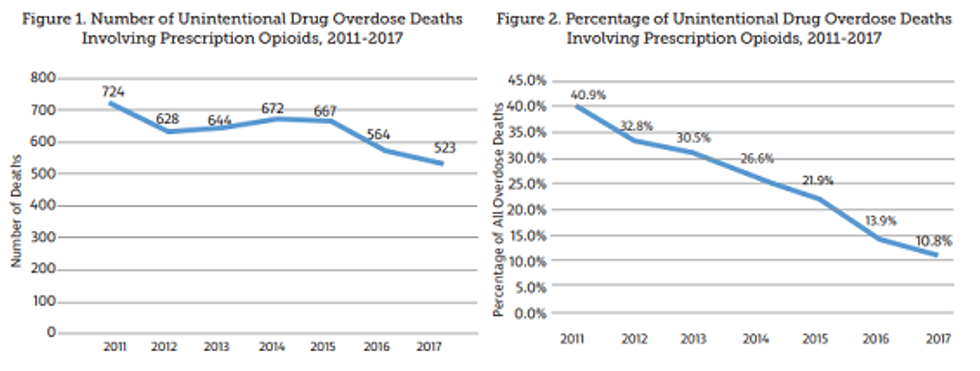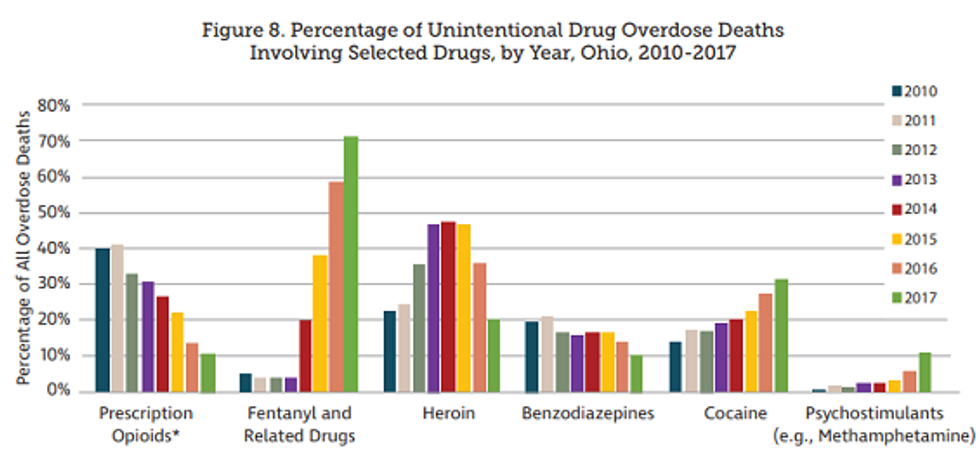'Let’s crush these sickos': GOP senators introduce bill to put terrorist-like sanctions on drug cartels
A group of Republican senators have introduced legislation that would subject Mexican drug cartels to sanctions similar to those faced by designated terrorist groups.
The bill would empower the U.S. attorney general to designate certain foreign crime syndicates as Significant Transnational Criminal Organizations or TCOs in similar fashion to how the Foreign Terrorist Organizations (FTOs) are designated. The bill would also place TCOs and their members under the same kinds of sanctions and restrictions as terror organizations.
In the case of a TCO, however, the Justice Department would be responsible for the designation instead of the State Department, and the criteria for designation would address whether a foreign criminal entity engages in activity that affects commerce in or threatens the national security of the United States.
Sen. Tom Cotton, R-Ark., introduced the measure along with GOP colleagues Marsha Blackburn, Tenn; John Cornyn, Texas; Ted Cruz, Texas; Lindsey Graham, S.C.; David Perdue, Ga.; Mitt Romney, Utah; and Ben Sasse, Neb.
While some conservative lawmakers have been calling on the Trump administration to designate cartels as terror groups for months, the idea has gotten more recent attention since a brutal drug cartel ambush in Mexico last month left several members of an American family dead.
"Criminal organizations and drug cartels like the one responsible for last month's attack in Mexico ought to be treated just like terrorist groups in the eyes of the U.S. government," Cotton said. "This bill would help stop cartel violence by ensuring these groups-and anyone who helps them-face dire consequences for their actions."
"Violent Mexican cartels have gotten rich by flooding our communities with addictive drugs that are ruining lives and tearing families apart," said Sen. Josh Hawley, R-Mo., in a statement about the bill. "Unfortunately, the Mexican government has been unwilling or unable to stop these criminals. Enough is enough."
“Though the camera crews have left, Texans and all Americans regularly face the consequences of an unsecured southern border,” said Cruz, who called the legislation "an important step in safeguarding the American people.”
"Cartels have slaughtered innocent American children, blackmailed their way to the top, and flooded our country with drugs," Sasse stated. "Let’s crush these sickos.”
The bill's introduction comes less than a week after President Trump announced that his administration would be holding off on designating the drug cartels as terror organizations at the behest of Mexico's president after previously saying he planned to issue the designation.
“All necessary work has been completed to declare Mexican Cartels terrorist organizations,” the president tweeted. “Statutorily we are ready to do so.” However, he added, he paused the plan at the request of Mexico’s president, Andrés Manuel López Obrador, whom he called “a man who I like and respect.” Last month, Obrador responded to the idea of a U.S. terror designation by saying that “Our problems will be solved by Mexicans. We don’t want any interference from any foreign country.”
Editor's note: This article has been updated to make it clear that the bill gives the attorney general power to designate these organizations.
#mc_embed_signup{background:#fff; clear:left; font:14px}
/* Add your own MailChimp form style overrides in your site stylesheet or in this style block.
We recommend moving this block and the preceding CSS link to the HEAD of your HTML file. */

